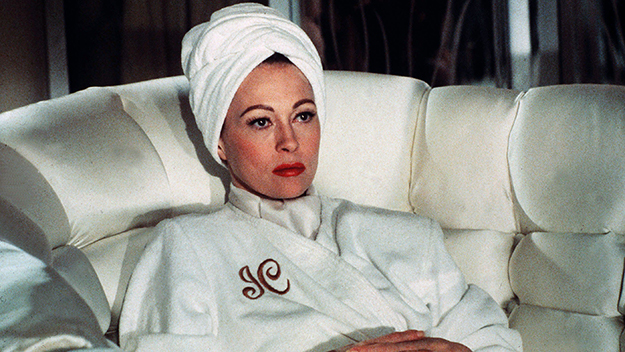Readings: Films of Endearment
This article appeared in the May 6 edition of The Film Comment Letter, our free weekly newsletter featuring original film criticism and writing. Sign up for the Letter here.

Mommie Dearest (Frank Perry, 1981) / Courtesy of Paramount/Kobal/Shutterstock
Films of Endearment: A Mother, a Son and the ’80s Films That Defined Us
Michael Koresky, Hanover Square Press, $27.99
Movies speak to our anxieties and despair and say the things we don’t,” writes Michael Koresky in his new book. “They keep our secrets.” Such furtive, clandestine sensations—and the large, open-hearted emotions attached to them—are at the heart of the author’s project here. Following his superb 2014 auteur study of Terence Davies, Koresky, who co-founded and continues to edit the online film journal Reverse Shot (where I have been a regular contributor since 2004), deftly enfolds an analysis of 10 female-driven American movies from the 1980s into a memoir-slash-portrait of his mother, Leslie, who nurtured his nascent cinephilia and sustains it into the present day.
The same critical acuity that marks Koresky’s writing about specific performances and star personas—attuned to the ways in which the granular and the ephemeral often converge, as with Faye Dunaway as Joan Crawford in Mommie Dearest, “every gesture… primed to hit her co-stars, and viewers, in the solar plexus”—guides his unravelling of an intimate family history filled with its own miniature dramas and tours de force. The book’s wider-angle examination of women’s roles and shifting Hollywood gender politics during a transformative decade is never less than compelling. But Films of Endearment is at its best when it cuts to close-up, detailing the intimate, enduring rituals of living-room viewing that collapse the distance between Koresky’s adolescent encounters with his chosen titles and his contemporary revisitations in the company of the woman who introduced him to them. What emerges from this deftly nested assemblage of anecdotes, observations, confessions, and tender inside jokes is a warmth that anyone who’s ever really, truly shared a movie with someone they love will recognize and bathe in gratefully. Films of Endearment understands that as much as cinema is theorized as our escape hatch from reality, sometimes it feels like coming home.
Adam Nayman is a critic for The Ringer and a contributing editor to Cinema Scope. He is the author of Paul Thomas Anderson: Masterworks and The Coen Brothers: This Book Really Ties the Films Together for Abrams, and Showgirls: It Doesn’t Suck for ECW Press.







